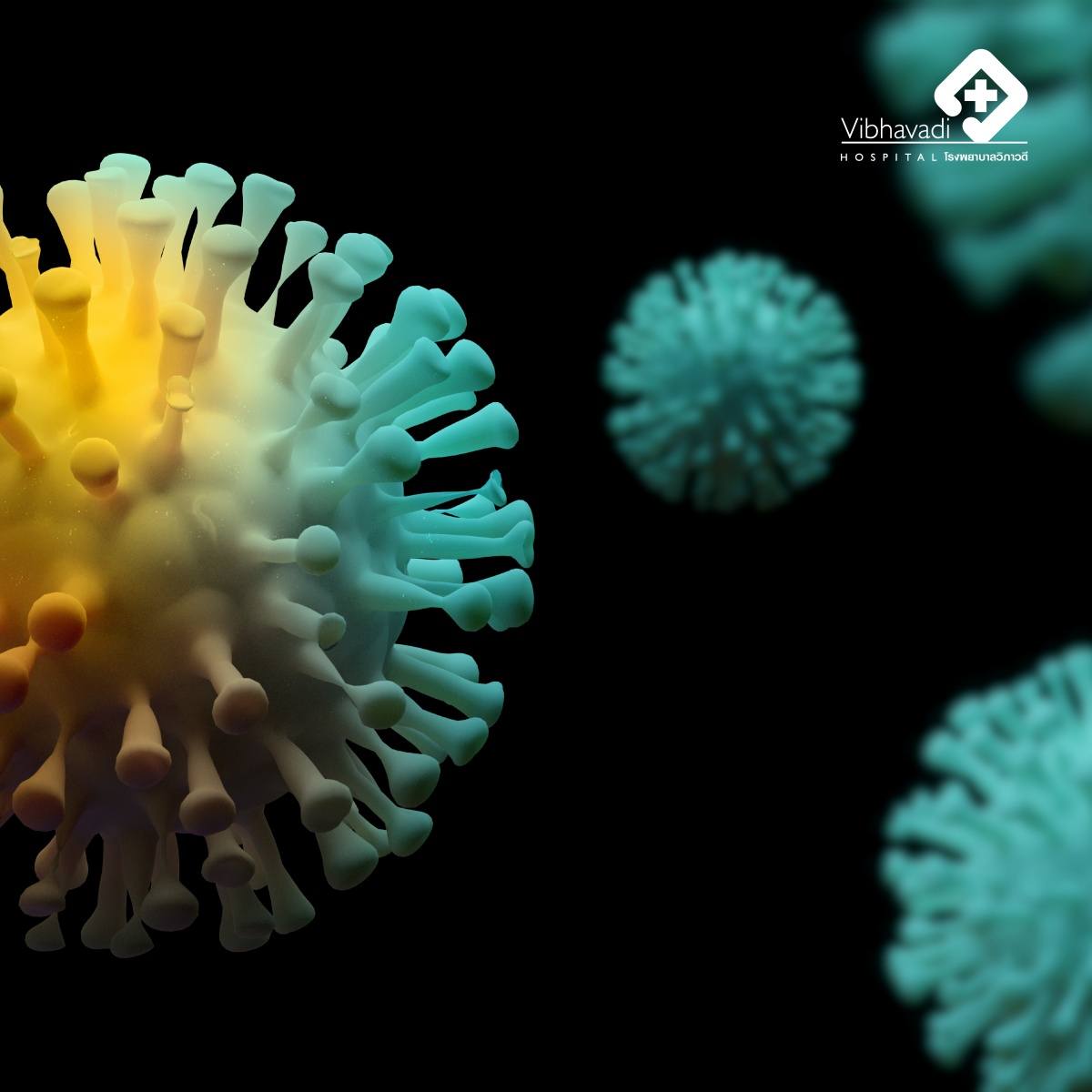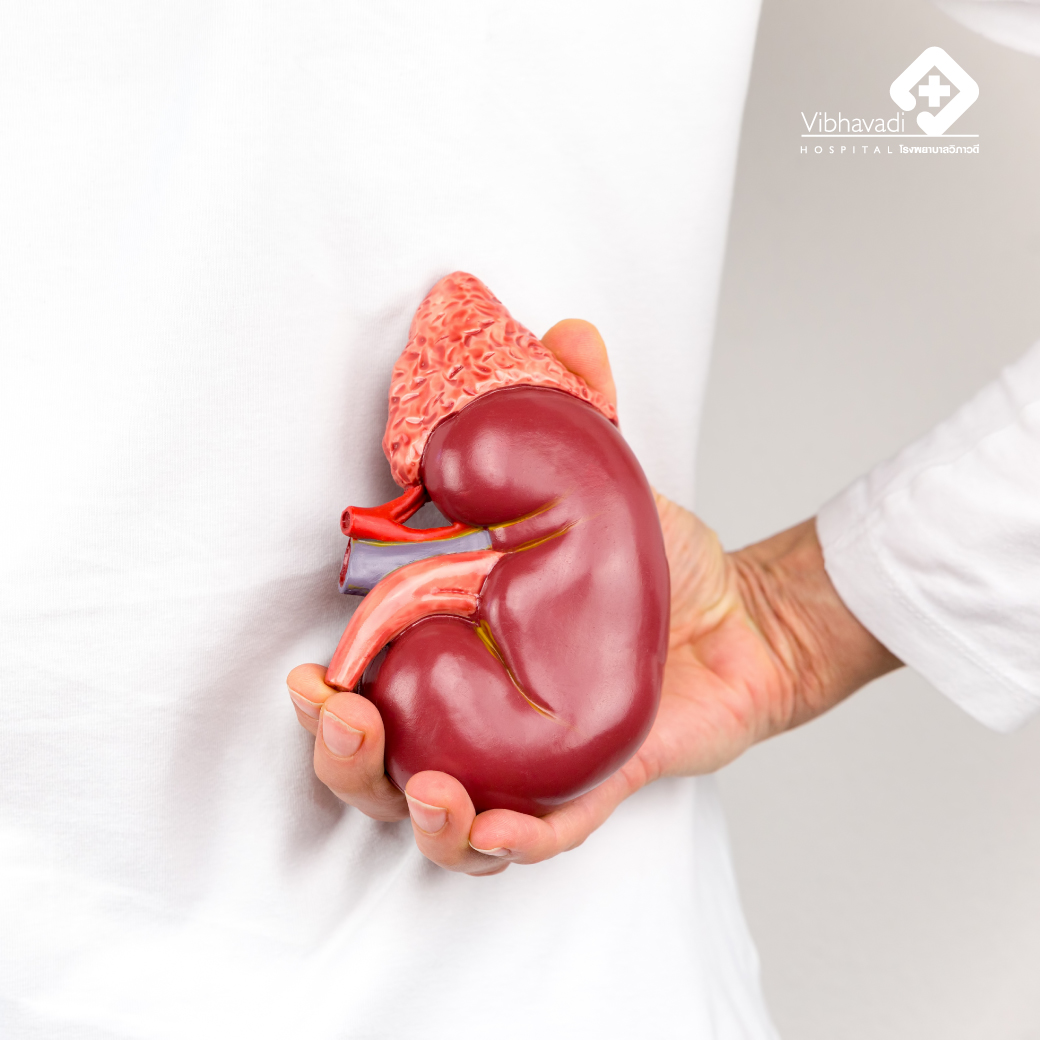Does coffee contribute to longevity?
Does coffee contribute to longevity?
For many centuries, coffee has been ranked among the top three most popular beverages. However, the impact of coffee on our health has only recently come to light with the emergence of scientific studies. A significant epidemiological study was conducted by the National Institutes of Health (NIH) in the United States. The study analyzed health data from 400,000 volunteers aged between 50 and 70 years who were in good health and free from any diseases at the beginning of the study in 1995. However, by 2008, 50,000 individuals from this group had passed away.
It is surprising to note that men who consumed 2-3 cups of coffee per day had a 10% lower chance of mortality compared to those who did not drink coffee. Similarly, in the case of women who consumed the same amount of coffee, the mortality rate was even lower at 13%. Although the exact impact of coffee on longevity remains uncertain, this correlation is particularly intriguing.
Other recent studies on coffee have revealed significant health benefits associated with moderate consumption, around 4 cups per day (150 ml per cup). It has been found that coffee can reduce the risk of type 2 diabetes, skin cancer, testicular cancer, and recurrence of breast cancer (after treatment).
Furthermore, animal studies have indicated another important aspect of coffee. It has the ability to modify the biochemistry within the brain, which can potentially protect against cognitive decline. In 2012, a study conducted at the University of Illinois investigated this by subjecting mice to a condition of temporary oxygen deprivation in the brain, resulting in impaired memory formation. One group of mice was then given an equivalent amount of coffee consumed by an average human, while the other group did not receive any coffee. It was discovered that the group receiving coffee demonstrated a 33% faster recovery in memory formation compared to the group without coffee. Detailed examination of the brain revealed that caffeine interferes with the effects of adenosine, a chemical substance that normally provides energy to cells. However, when adenosine leaks from cells due to damage or oxygen deprivation, it triggers a cascade of biochemical processes leading to inflammation and ultimately impairs brain function or contributes to dementia.
In 2012, a study on humans conducted by researchers from the University of South Florida and the University of Miami investigated the level of caffeine in adults with early-stage memory impairment and assessed it again later. The study found that individuals without caffeine in their blood experienced a more significant progression of cognitive decline compared to those with caffeine.
There is still much more to be studied and understood about coffee.
"We are not sure if the blockade of adenosine alone is sufficient to prevent or equalize brain aging," said Gregory, a professor at the University of Illinois.
In 2011, a study conducted by the University of Southern Florida used genetically modified mice to induce Alzheimer's disease, similar to humans. When these mice were given caffeine alone, there were no beneficial effects in preventing cognitive decline. However, the protection against cognitive decline was similar to providing mice with a moderate amount of coffee. On the other hand, coffee heavily sweetened with sugar (as in some energy drinks) was found to be ineffective in preventing cognitive decline.
Therefore, consuming 1-3 cups of coffee per day may be a good reason to hope for protection against cognitive decline.
By Dr. Kitti Trakulrattanavong,
Cardiologist
(Note: The original article was previously translated into Thai, from a New York Times article by Gretchen Reynolds "This is your brain on coffee," published on June 6, 2013. This article is an English translation of the Thai translation previously posted on Vibhavadi Hospital website.)
Word count: 619















